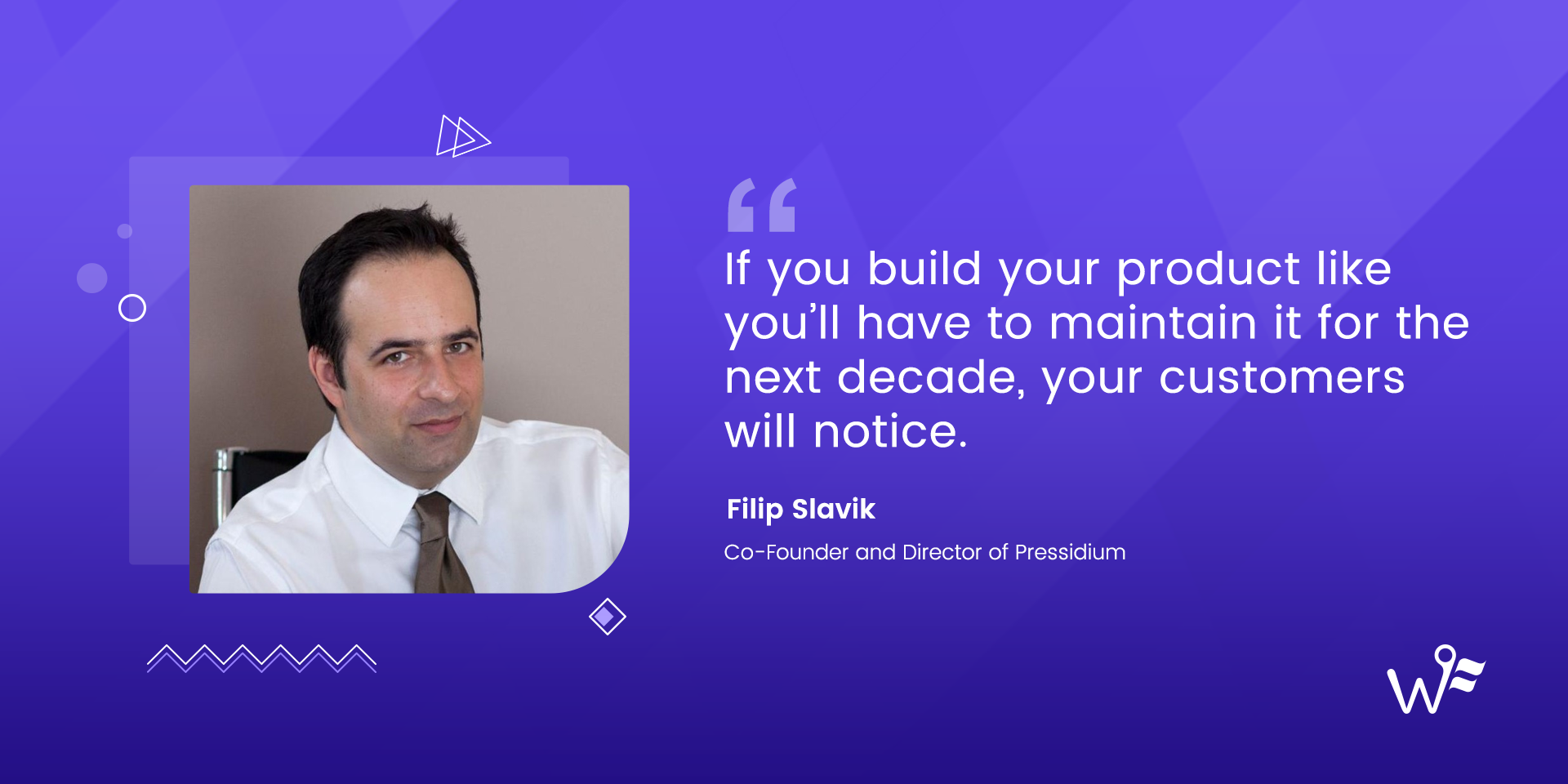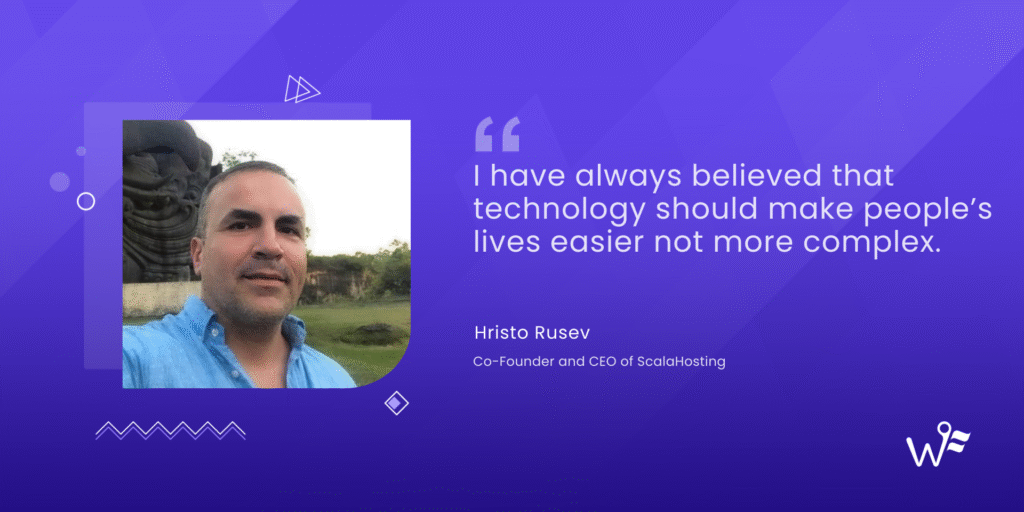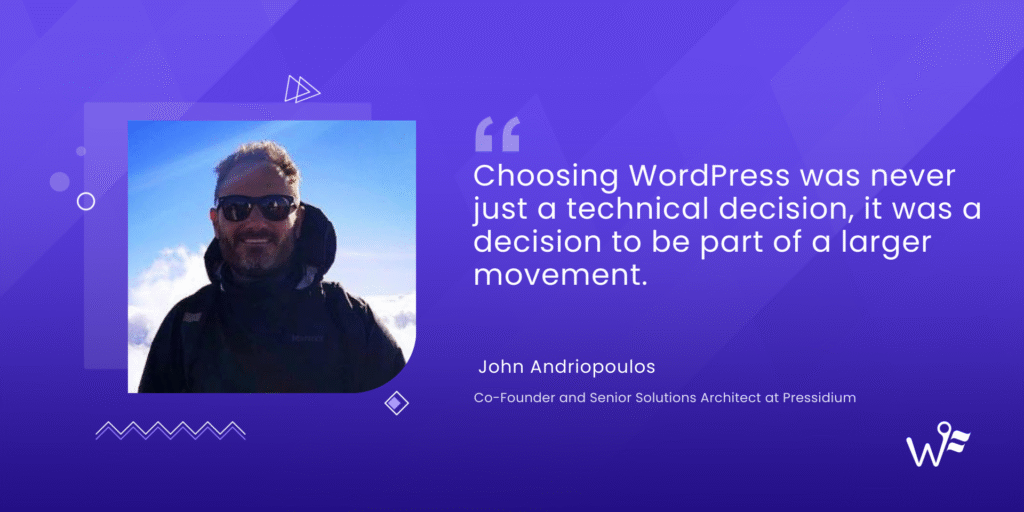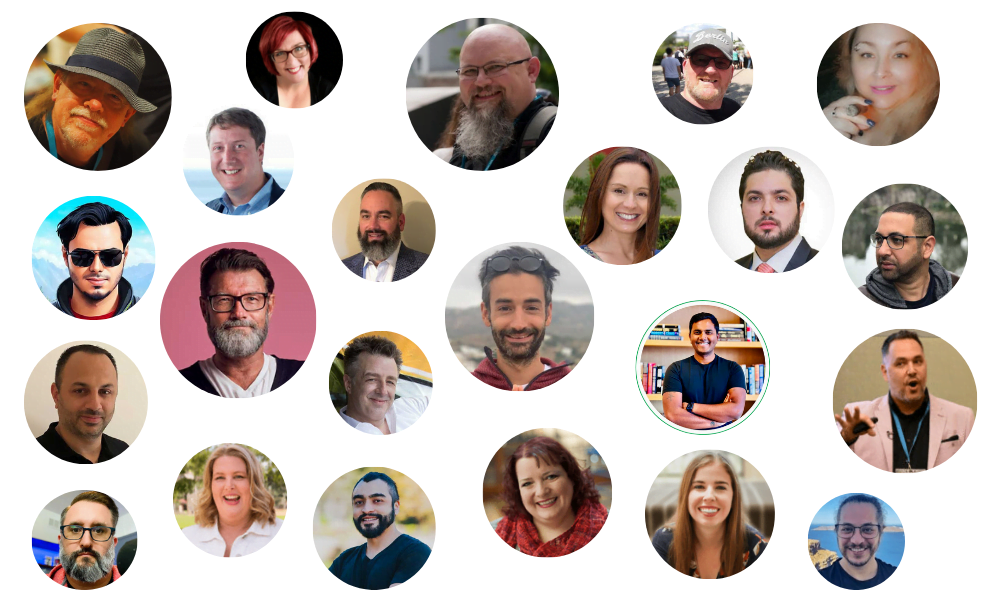My name is Filip Slavik, and I am the Co-Founder and Director of Platform Engineering at Pressidium. I hold a degree in Computer Systems and Networks and have spent over two decades building software and infrastructure that stands up to real-world demands. My background includes enterprise Java development, mobile platforms, and system integration, along with leadership roles across telecom, finance, and large-scale web environments. I’ve contributed to open-source projects and led the development of critical backend systems long before “cloud-native” became a buzzword.
At Pressidium, I’ve been responsible for designing and implementing our platform provisioning architecture from the ground up. I care deeply about doing things the right way; clean code, solid principles, and systems that perform under pressure without falling apart.
I’m a proud father of two, and when I’m not reviewing a pull request or chasing down an edge case, I enjoy a quieter kind of humor, the kind that doesn’t need to explain itself. Much like good engineering.
The Journey Began
My path to WordPress wasn’t planned. I came from enterprise software, working with complex architectures, integrations, and high-performance systems. Most of my work was behind the scenes, building tools and platforms that powered businesses, not headlines. When I first encountered WordPress, I didn’t see a CMS. I saw potential. A system that could be extended, scaled, and hardened, if given the right foundation.
What kept me involved wasn’t the software itself, but the challenge: could we apply real engineering discipline to something often treated as a quick solution?
Could we build something better, not louder?
That question stayed with me, and eventually became the reason we started Pressidium.
The Need for “Pressidium”
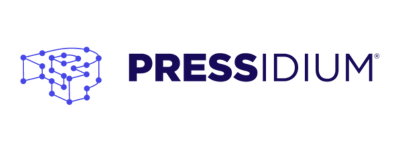
Pressidium logo
The idea for Pressidium came from frustration. We saw too many WordPress sites running on infrastructure that simply wasn’t built to handle real traffic, real complexity, or real failure scenarios. Hosting was treated like a commodity, and engineering was often an afterthought. We knew we could do better.
From the beginning, our goal wasn’t to create another hosting company. It was to apply real software and systems architecture principles to a platform that deserved better.
My focus was on building something robust at the core; high availability, performance under pressure, and predictable behavior across environments. Not buzzwords, not shortcuts. Just a platform that works, even when things get difficult.
Myself with my Brilliant Team

Pressidium’s Four Founders, at our commercial launch during WCEU way back in 2014

10 years later….at WCEU 2023.


At Pressidium, I work with people who care about the details. That’s not as common as it sounds. Our team is made up of engineers and professionals who take pride in their craft, and who understand that infrastructure is only invisible when it’s done right. We don’t chase trends. We solve problems carefully, and we keep solving them until they stay solved.
As Director of Platform Engineering, I don’t believe in micromanagement or hierarchy for its own sake. I believe in technical clarity, mutual respect, and giving people the space to build something they’re proud of. Good teams are built on trust, high standards, and a shared understanding that the most challenging problems are often the most worthwhile to solve.
Advice for Business Owners
If you’re starting something, make sure you’re solving a real problem. Then do the hard part — solve it well. Don’t cut corners. Don’t chase growth before you’ve earned reliability. In our industry, it’s easy to get distracted by metrics that look good but don’t mean much. What lasts is quality.
If you build your product like you’ll have to maintain it for the next decade, your customers will notice. And they’ll stay. In the WordPress ecosystem, there’s still an enormous opportunity, but most of it lives in the space between what’s promised and what actually works. That’s where the right kind of business can thrive.
WordPress & Beyond
WordPress has grown far beyond what anyone imagined, and that’s both a strength and a challenge. Its flexibility is what made it powerful. But flexibility without structure can become a bottleneck. The next phase of WordPress will depend on how well we bring engineering discipline to scale and performance, especially in a world moving toward automation, edge delivery, and distributed systems.
At Pressidium, we focus on exactly that. Building infrastructure that makes WordPress reliable under pressure. Making sure performance doesn’t collapse as complexity increases. I believe WordPress will remain a major force if it keeps evolving with intent, not just to add features, but to solve harder problems with better tools.
Stay in Touch
My Love for the WordPress Community
What stands out to me about the WordPress community is its commitment. It’s a space where people from all over the world come together to solve problems, share knowledge, and build something bigger than themselves. That kind of collaboration is rare, and it’s one of the reasons I’ve stayed close to it over the years.
I genuinely enjoy attending events & meet-ups, meeting with other developers, and learning from their experiences. You get to hear what’s working, what’s broken, and what people really need. It keeps you grounded and connected to the ecosystem. WordPress continues to grow not because it’s perfect, but because the people behind it care enough to keep improving it.
How I Keep Myself Updated
I follow development updates on WordPress.org, track major discussions on Make blogs, and keep an eye on performance-related GitHub issues. Outside of WordPress, I read technical journals, architecture blogs, and open-source project threads, anything that helps me see how real systems are evolving.
I also learn a lot from conversations at meetups and events. You hear what developers are actually struggling with, and that’s often more valuable than anything you’ll find in a changelog.
I Have a Life Other Than the Work
Outside of work, I spend most of my time with my family. I’m a father of two, and staying present is important to me. Whether it’s helping with a project or planning our next trip, I try to stay fully involved.
In the winter, we sometimes travel to the Czech Republic to visit old friends and places I lived during my university years. In the summer, we enjoy the beaches and quiet islands of Greece. The contrast between the two keeps life interesting and helps me reset.
When I have time to myself, I build and fly racing drones. It’s a hands-on hobby that’s both technical and creative. Fast, precise, and just challenging enough to be fun. In many ways, it reminds me of writing clean code. It requires focus, but it’s also a form of play.
I Reward Myself by
When I need to recharge, I usually turn to the things that sparked my curiosity in the first place. I’ve always been fascinated by aviation, which is probably why I enjoy building and flying racing drones. There’s something about the precision, the control, and the engineering behind flight that never stops being exciting.
I also enjoy traveling with my family, especially to places that offer a change of pace or perspective. It doesn’t have to be far or complicated. Just somewhere that gives you enough distance from daily routines to think clearly and come back with new energy. For me, that’s often the most valuable kind of reward.
